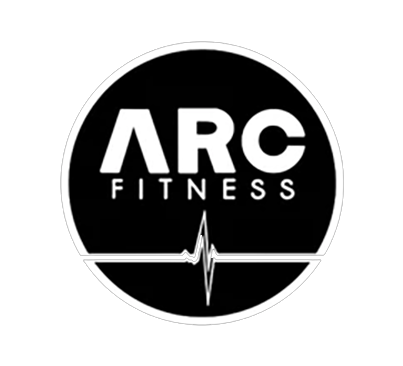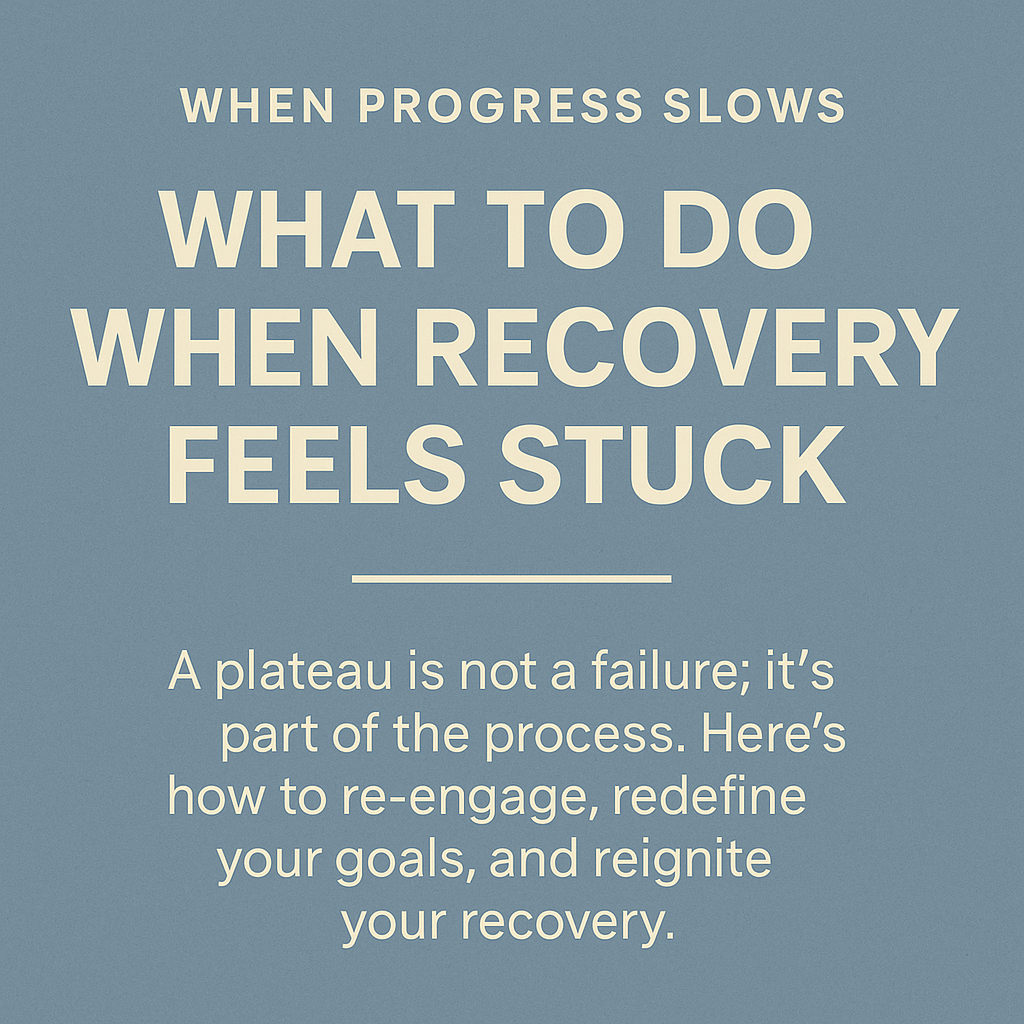No products in the basket.
Arc Fitness, Sober living
When Progress Slows: What to Do When Recovery Feels Stuck
When Progress Slows: What to Do When Recovery Feels Stuck
Recovery isn’t a straight line, it’s more like a messy, winding road. And along the way, there will be times when it feels like nothing is moving. You’re doing the work, showing up, staying sober—but it feels flat. Stagnant. Like, the growth has stalled.
This is completely normal. Every person in long-term recovery hits this wall. At ARC Fitness, we call it a plateau and while it can feel frustrating, it’s a powerful opportunity for reflection and realignment.
What a Plateau Looks Like
- You feel unmotivated or disconnected from your routine
- Progress you once celebrated now feels expected—or invisible
- You start questioning if you’re doing enough
- The initial energy or clarity you had feels like it’s fading
These moments are often quiet. But they matter. How you respond to a plateau can define the next chapter of your recovery journey.
Step One: Normalise It
First, let go of the idea that you’re failing. A plateau is not a problem. It’s a sign that you’ve made enough progress to even notice a slowdown. That alone is proof of growth.
The brain and body don’t operate in permanent acceleration. Sometimes they need to pause, stabilise, and integrate. Slowing down doesn’t mean you’ve stopped. It means you’re being asked to level up in a different way.
Step Two: Reflect, Don’t React
Use this moment to check in:
- What’s changed since you started recovery?
- Are your goals still aligned with who you are now?
- Have you outgrown parts of your routine or support system?
Sometimes the plateau happens because your structure hasn’t evolved with your growth. You’re not stuck—you’ve just outpaced the version of recovery that used to serve you.
Step Three: Switch the Focus
Early recovery is often all about subtraction—removing the substance, breaking bad habits, and avoiding triggers. But thriving recovery is about adding purpose, passion, challenge, and connection.
If things feel stuck, maybe it’s time to:
- Take on a new role (mentor, volunteer, group facilitator)
- Start a new project or goal that energises you
- Shift focus from avoiding relapse to building a life that excites you
Step Four: Talk It Out
You don’t have to figure this out alone. Talk to a coach, therapist, or trusted peer. Often, just verbalising what you’re feeling helps untangle it. Others may see progress you’ve missed—or give you the push you need to refresh your recovery rhythm.
Step Five: Adjust, Don’t Abandon
Plateaus can tempt you to quit. Don’t. Instead of abandoning your structure, adjust it:
- Change your workout format
- Update your journaling prompts
- Try a new mindfulness practice
- Join a different support group
Small changes can reignite momentum without throwing everything away.
How ARC Supports You Through Plateaus
We see this phase often, and we’re built for it. Our team helps clients:
- Reframe plateaus as growth points
- Update routines to match new goals
- Create a structure that evolves with recovery
- Celebrate progress that isn’t always visible
You’re not stuck. You’re simply at the edge of a breakthrough.
Final Word: Stuck Isn’t Static
If recovery feels stuck, you haven’t failed—you’ve arrived at the next stage. The space between who you were and who you’re becoming always feels uncertain. That’s growth.
So breathe. Reflect. Refresh your structure. And reach out.
Progress hasn’t stopped. It’s just asking you to evolve.

